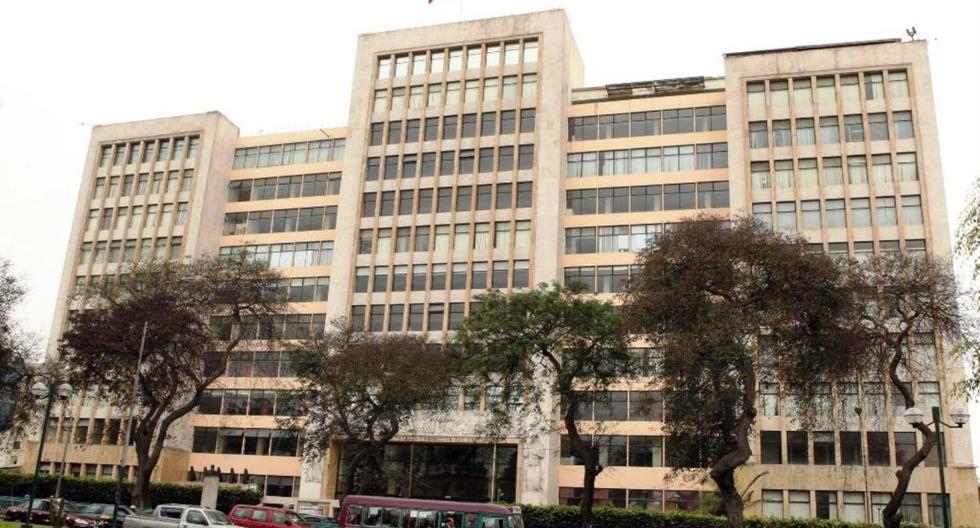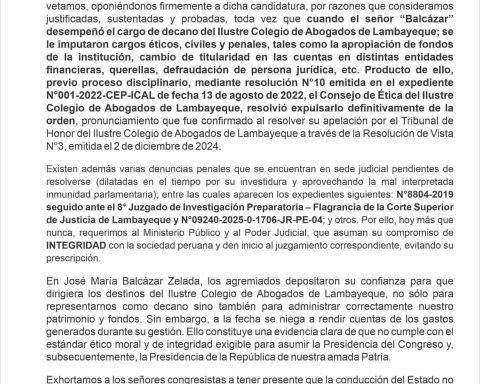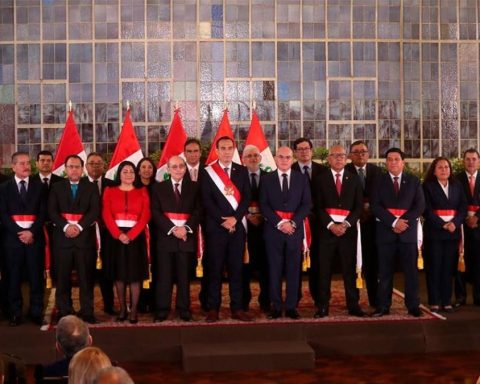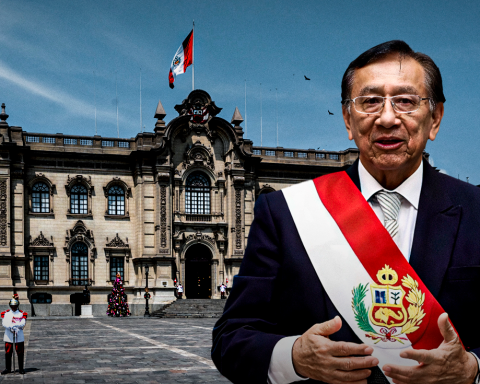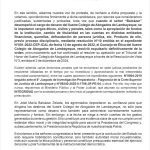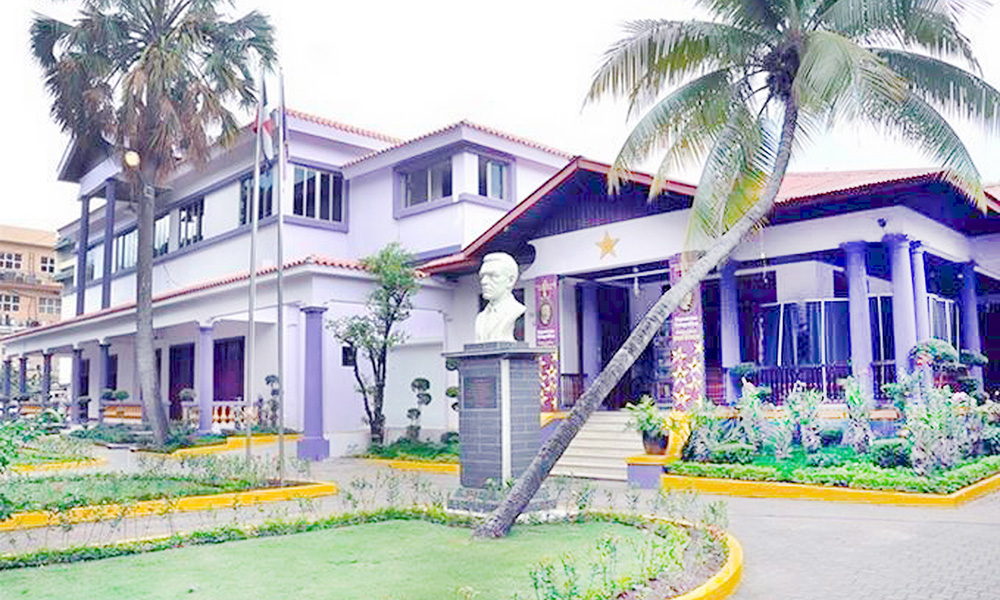The different bills supported by the head of the Ministry of Labor (MTPE), Betssy Chávezare not typical of a State policy of employment generation, but the reflection of a union agenda, assures the labor activist Ricardo Herrera, main partner of the Muñiz Study.
For the lawyer, the legislative initiatives do not respond to the needs of the population and even with these they would be increasing labor costs and boycotting the generation of more formal jobs.
In this it coincides David Tuesta, president of the Private Competitiveness Councilwho pointed out that, for example, Agenda 19 of the MTPE has a list of measures of union demands that, finally, will push the country to greater informality.
outsourcing
Herrera also explained that the supreme decree that limits labor outsourcing has had many irregularities in its conception for not having passed the approval of the Minister councilnot having been pre-published for opinion, not having a regulatory impact report approved by the Vice-ministerial Coordination Council and not being discussed before the National Labor Council, despite the fact that Minister Chávez offered it.
For Tuesta, this norm is not only not well defined, but it could increase labor informality by five percentage points (which according to the INEI today reaches 76.8%).
“To this we add what other measures could imply, such as doubling severance pay (from 1.5 to 3 salaries per year and without limit) and increasing the Minimum Vital Remuneration. We are facing a labor legislation where the only beneficiaries will be the union forces that represent barely 0.5% of the total employed EAP, they are not representative”, he said.
The Transfer of Serve
Both specialists also agree that the National Civil Service Authority (Servir) should not pass to the MTPE because it would lose its scope of application. “In Labor there are not the municipalities, regional governments, ministries and decentralized public organisms. For a competition issue, he must remain in the PCM”, said Herrera.
Economic impact
On the other hand, Tuesta explained that the Standard & Poor’s report made it clear that one of the reasons why Peru’s credit rating was lowered was due to the withdrawal of AFP funds and new initiatives are still being proposed for that purpose. “It can be inferred that if more withdrawals are approved, Peru would lose its investment grade. Since its inception, 0.5% of the country’s growth each year is due to this long-term savings mechanism,” said Tuesta.
